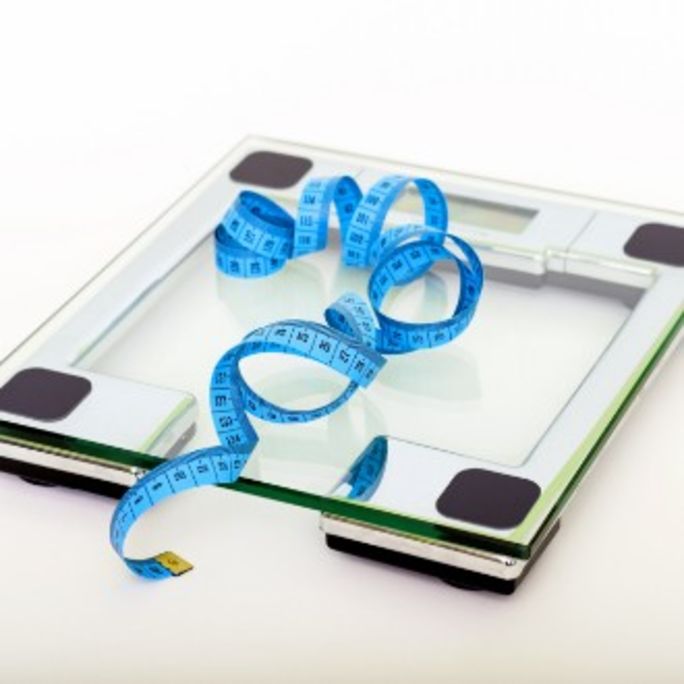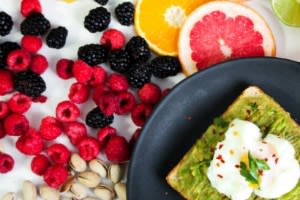How does alcohol affect your weight loss?
We looked at how giving up the booze (or cutting down) can have a positive effect on your health.
Now we're not saying that the odd tipple is necessarily bad for you. Recent research from Kings College London suggests that red wine is good for gut health and can lower cholesterol. But reducing the amount you drink can hasten any weight loss efforts.
The truth is alcoholic drinks (red wine included) are packed full of empty calories. Put simply, the more alcohol you drink, the more calories you consume. And the higher your daily intake of calories, the harder it is to shift the pounds.
Understanding weight loss
When the amount of energy (calories from food and drink) you take in is greater than the amount you use in daily life, you put on weight over time.
To shed the pounds, you need to:
- Take in less energy (calories) by changing your eating habits
- Use up more energy by increasing your levels of physical habits
Did you know?
If you eat 500 more calories than you need per day, you're at risk of gaining an extra 0.5kg a week.
By walking an extra mile a day for a year, you could lose around 3kgs (as long as you don't increase what you consume).

The measure of it
It is recommended that both men and women do not drink more than 14 units per week.
One unit of alcohol is equal to:
- A small glass (100ml) of wine (10% *ABV)
Or - Half a pint (300ml) of medium-strength lager, cider or beer (3% *ABV)
Or - A pub measure (25ml) of spirit
*Alcohol by Volume
As for calories, there are approximately 250 calories in an average pint of lager and approximately 150 calories in a standard glass of wine (175ml). So you could be packing away an extra 500 calories simply by drinking tow pints.
It's not all about calories
Cutting back on your weekly tipple will not reduce the amount of calories you're consuming but you'll also be able to burn more fat and get all the vitamins you need from food. The fact is your body isn't designed to store alcohol and so tries to get rid of it as quickly as possible. This gets in the way of other processes, including absorbing nutrients and burning fat. So by reducing your alcohol intake, you'll also be able to benefit from healthy meals.

